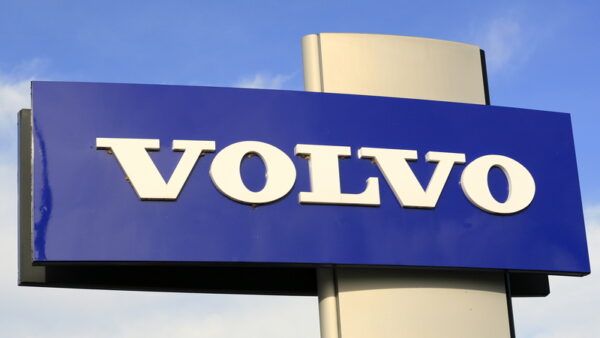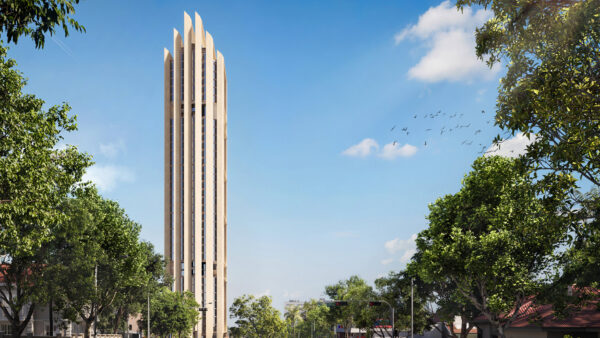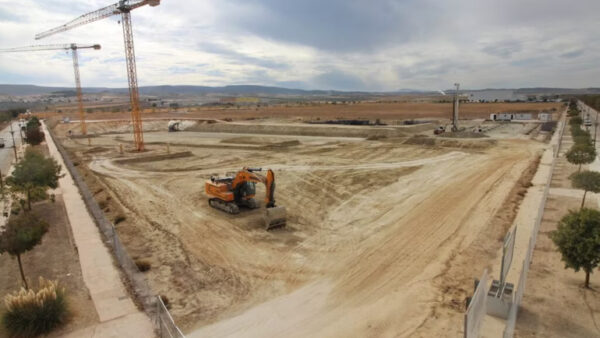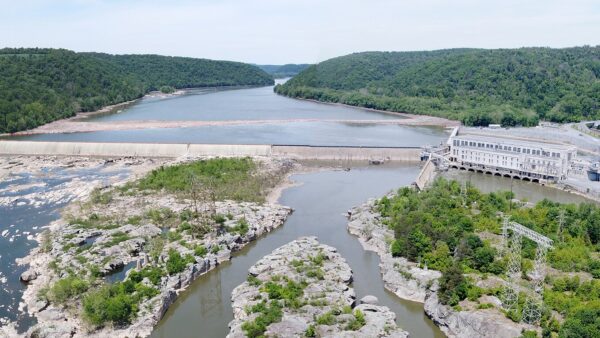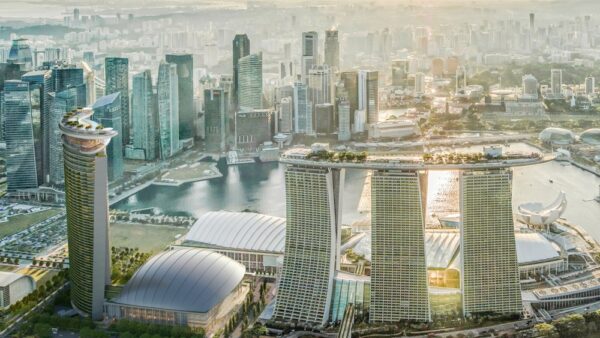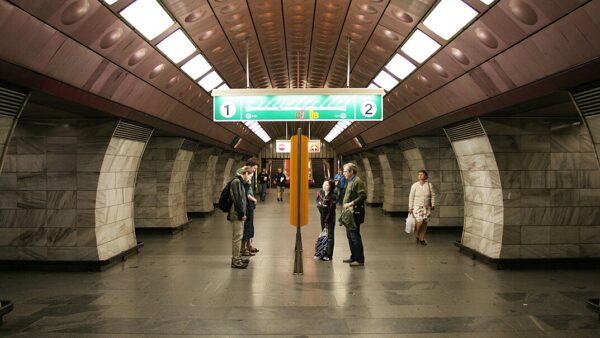Yokohama-based contractor Chiyoda lost a staggering $953.5m in the six months to 30 September, primarily because of skyrocketing labour costs on a $10bn shale gas liquefaction plant it is building in Louisiana.
Shares in the company plunged to a 10-year low when it announced the losses Friday, 9 November, and they continued to slide today as Chiyoda sought a way to continue operating.
Key to its survival will be assistance from its major shareholder, Mitsubishi Corporation.
Chiyoda announced a restructuring plan to cut operating costs by about $90m, but admitted Friday that, in discussions about financial support with Mitsubishi and other stakeholders, “no consensus has been reached as of today”.
The plant in Hackberry, Louisiana is being developed by a joint venture called Cameron LNG. Work began in 2014 amid a rush to build other such plants on the coast of the Gulf of Mexico, to export shale gas. Chiyoda worked in conjunction with US contractor, McDermott.
Chiyoda said losses were mainly due to an escalation of labour costs and a severe shortage of skilled labor in the Gulf Coast region, caused by the surge in LNG projects due to rising oil prices.
Also drawing skilled labour away were the major reconstruction efforts in the aftermath of Hurricane Harvey, Chiyoda said.
It said labour productivity had been hit by high staff turnover, “due to the remote and inconvenience of Cameron LNG Project”.
McDermott is also feeling pain from the Cameron plant. Citing labour limitations, it recorded a negative cash flow of $221m in the third quarter of 2018, due largely to increased costs on Cameron and two other gas projects.
Construction on the first facility, or “train”, of the Hackberry plant is complete. Cameron LNG’s majority owner Sempra Energy announced on 2 November that commissioning of the first train had started.
All three planned trains are expected to be producing LNG in 2019.
Chiyoda may have difficulty recapitalising. The Nikkei Asian Review comments that a barrier to Chiyoda getting bailed out is its unfavourable equity ratio, which is the amount of financing it received from shareholders as opposed to lenders.
That ratio is now only 13%, but companies that built very large projects such as refineries usually require a ratio of 30%.
Mitsubishi, meanwhile, is part owner of one of the companies making up the Cameron LNG joint venture.
Image: Expanding shale gas production in the US has led to a surge in the construction of LNG plants on the Gulf of Mexico coast. This vessel is Gaz de France’s LNG carrier, Gaselys, in Brest harbour (By Rama/CC BY-SA 2.0 fr)
Further reading:

